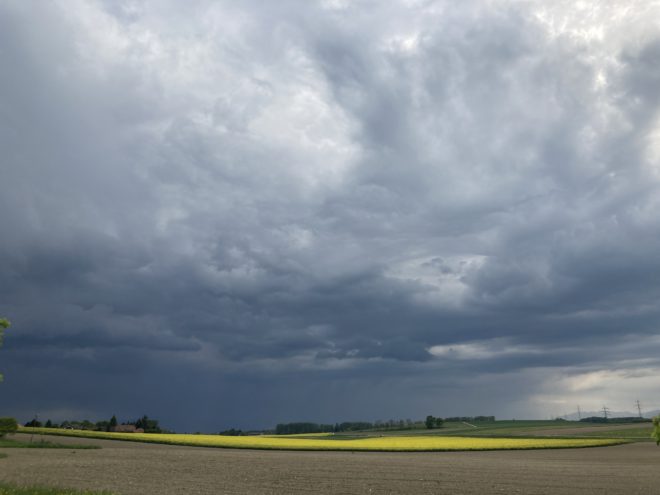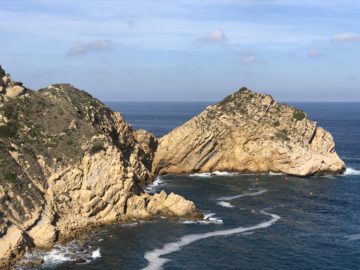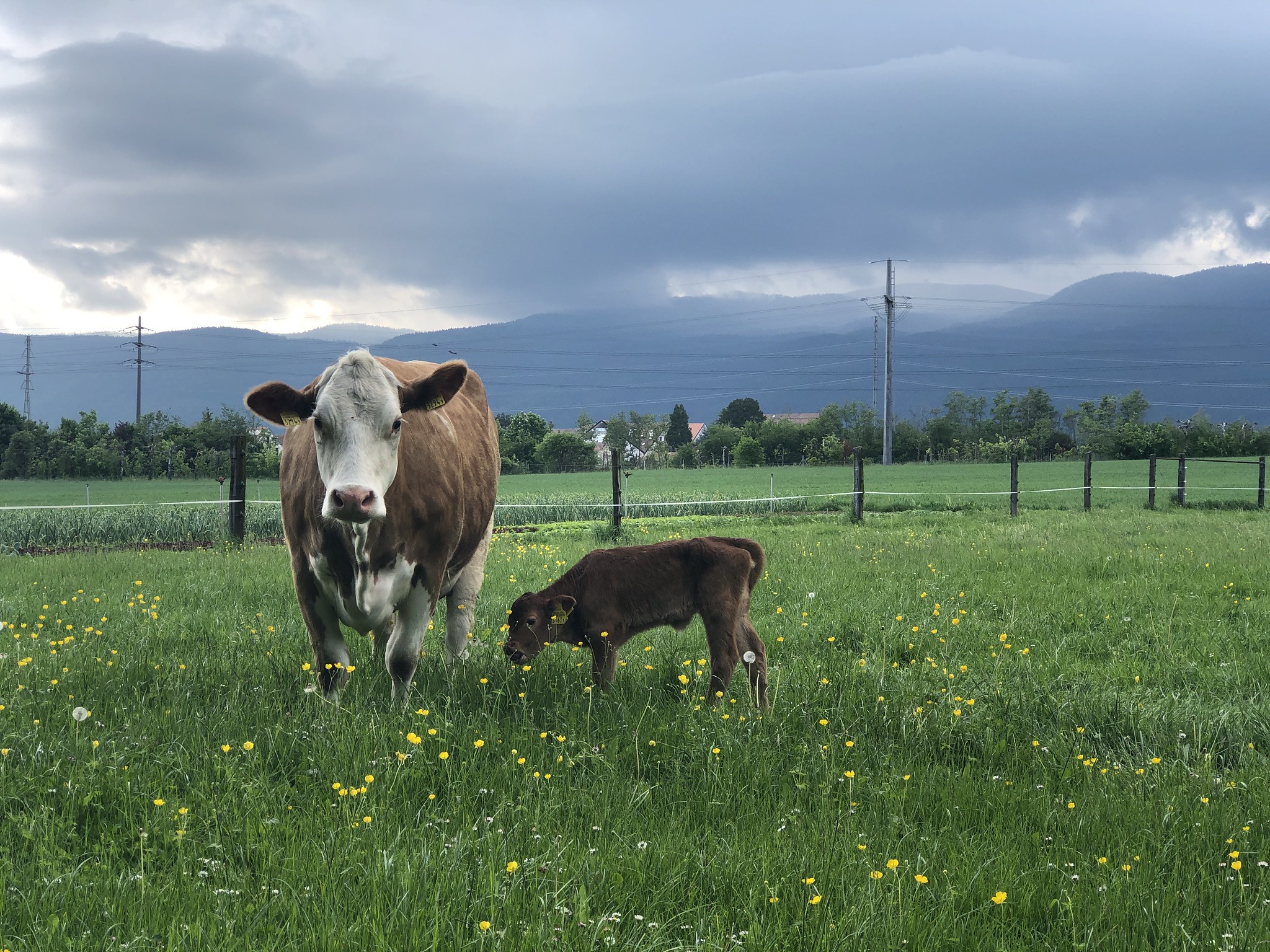Category: random
-

Cold Brew – A 24 Hour experiment
Reading Time: 2 minutesI have been reading and watching videos about coffee brewing. In the process I kept seeing cold brew coffee come up again and again and it made me curious to try. When listening to podcasts about thru-hiking I heard people speak about cold soaking food, rather than cooking it. The idea is…
-

Uninspired to Write
Reading Time: < 1 minuteI know that I should be inspired to write, since this is the second day of the year. I am not. I watched Top Gun Maverick and it was better than I expected. I find this a curious film because it uses elements from the old film but all the characters…
-

The Contrast Between French and Swiss News
Reading Time: 2 minutesAs I struggled to find a neutral topic to write about I noticed the distinct difference between how the French and the Swiss media are speaking about the fifth wave. The swiss say that it is “pre-occupying” and that it “has won the French speaking part of Switzerland” and “no long term…
-

Day 52 Of Self-Isolation in Switzerland – More Cows, and Cascading Style Sheets
Reading Time: 2 minutesWhile some of us have gone fifty-two days without being within two meters of another person due to the pandemic others walk side by side down country lanes, forcing those walking alone to make the decision of whether to risk infecting the vulnerable couple or stepping off the road and waiting under…
-
What I learned after three weeks with a cat
Reading Time: 2 minutesWhat I learned after three weeks with a cat is that they’re easy to take care of. Cleaning up the litter tray takes seconds and providing them with food two to three times a day is simple. It’s also simple to keep them entertained. A ball of string on a string and…
-
On the origins of OK
Reading Time: < 1 minuteIf you’re a french speaker you will probably remember that scene from Les Visiteurs where they say “OK” over and over again. You might also remember it from films like “The Right Stuff” when they speak about things being a-ok. The history of the word dates back to the 1800s when…
-
Great Britain and the Fourth Estate
Reading Time: 3 minutesWhen I think of Great Britain I think of the BBC and I think of the Natural History Units. I also think of radio programs like In Our Time, From Our Own Correspondent and Hard Talk. I also think of BBC World and the quality of their news coverage. I mention these current…
-
Thoughts on British European Identity
Reading Time: 3 minutesFor several weeks or even months I was afraid that the EU Referendum, BREXIT, would result in a bad outcome. On Thursday the British people went to vote. On Thursday night I was watching. When I saw Gibraltar vote to stay in the EU I relaxed enough to manage sleep. On Friday Morning…
